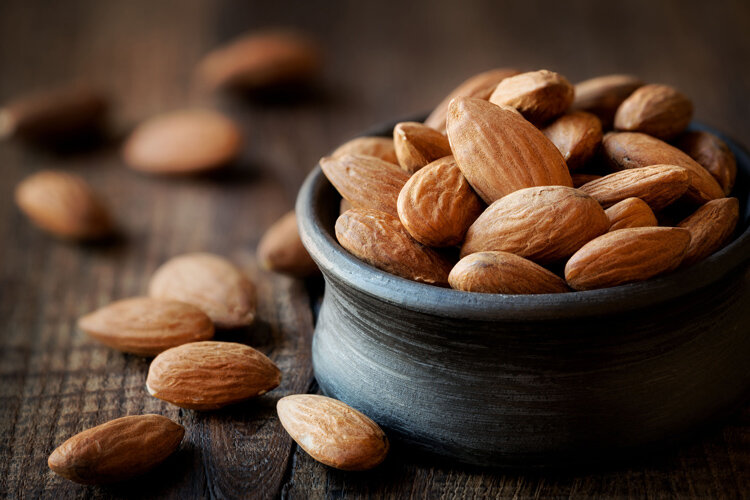Some foods can harm our quality of sleep. While others can help our quality of sleep.
Getting good quality sleep is paramount to good health.
Sleep affects every aspect of our overall health. The quality and duration of our sleep can influence a variety of health conditions such as obesity, diabetes, neurodegenerative diseases, and cardiovascular health.
Sometimes, however, getting enough good quality sleep can be a challenge. Some foods can harm our quality of sleep. While others can help our quality of sleep. Various chemicals, enzymes, hormones, vitamins, and nutrients work together to help your sleep quality and duration. Some examples of these include:
tryptophan
melatonin
calcium
potassium
magnesium
folate
antioxidants
vitamin D
B vitamins
zinc
copper
And while many foods contain low levels of these compounds, only some have high enough levels that could potentially help a person’s sleep. So, according to science, below are some of the best foods to eat before bedtime.
Warm Milk:
Warm milk is a well-known remedy for a good night’s sleep. Milk contains four sleep-assisting compounds: tryptophan, calcium, vitamin D, and melatonin. In addition to these, the association many people have from their childhood of warm milk and bedtime can also be effective in promoting sleep.
Almonds:
Almonds contain high levels of melatonin, magnesium, and calcium. Magnesium and calcium can also help promote muscle relaxation, which may help with sleep. They are also high in good fats and low in sugar, making them nutrient-dense snacks.
Chamomile tea:
Chamomile is a herb that is known as a traditional remedy for insomnia. It’s theorized that a compound called apigenin, found in chamomile tea, activates receptors in the brain that help stimulate sleep (GABA A receptors).
Walnuts:
Walnuts are a source of melatonin, serotonin, calcium, folate, potassium, and magnesium.
Cherries:
Cherries are both delicious and rich in four sleep-promoting compounds: melatonin, tryptophan, potassium, and serotonin. Studies have shown a positive correlation between eating cherries and improved sleep quality. In addition to this, cherries have anti-inflammatory properties and can help with pain after exercise.
Fatty Fish:
Fatty fish may help improve sleep as they are a source of vitamin D and omega-3 fatty acids - nutrients that help regulate serotonin, which plays a significant role in establishing a regular sleeping and waking cycle.
Remember to always stop eating 2-3 hours before bedtime to allow your body time to digest. Eating too soon before bedtime can cause nighttime disturbances in the hormones that regulate our sleep cycle and sleep quality.
Always practice good sleep hygiene, and if you or a loved one snore, talk to your doctor about home sleep testing to determine if sleep apnea is also a cause of your poor sleep quality.








